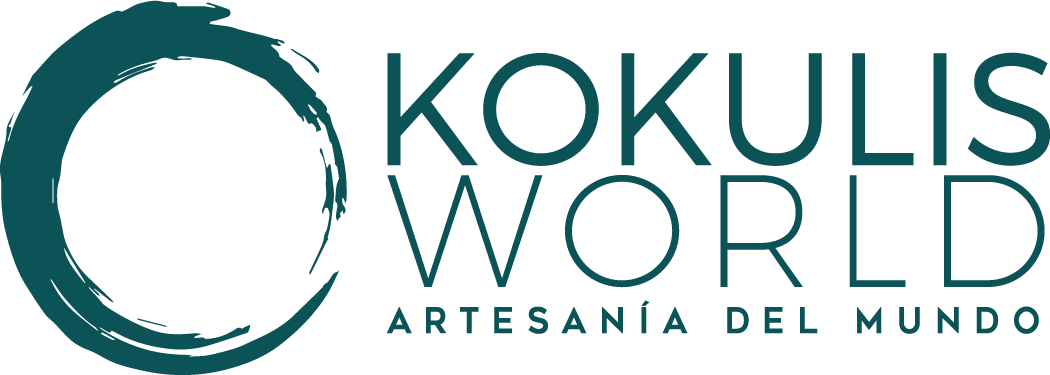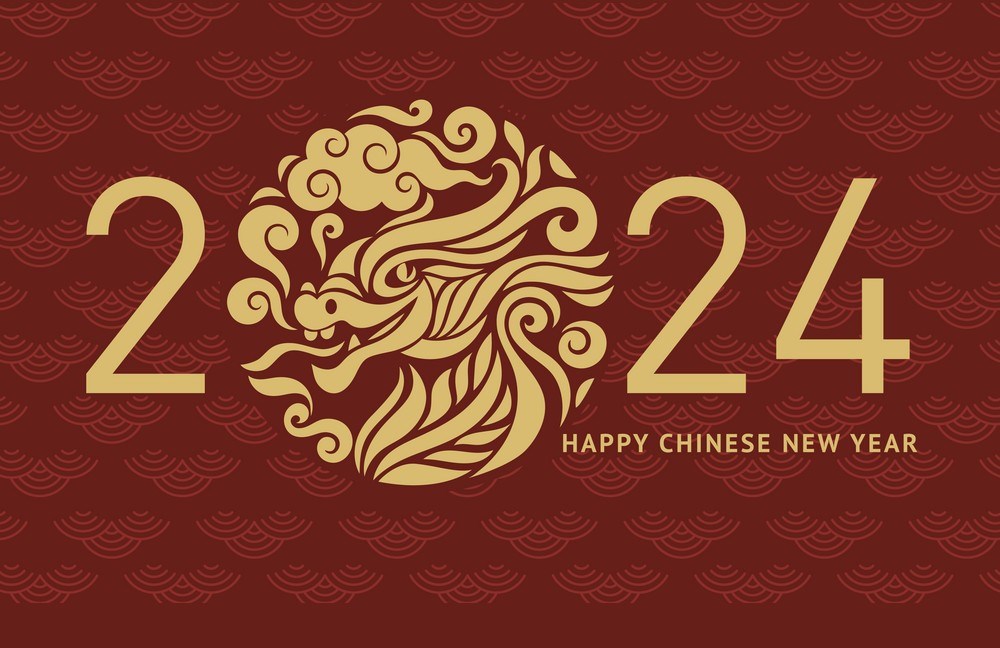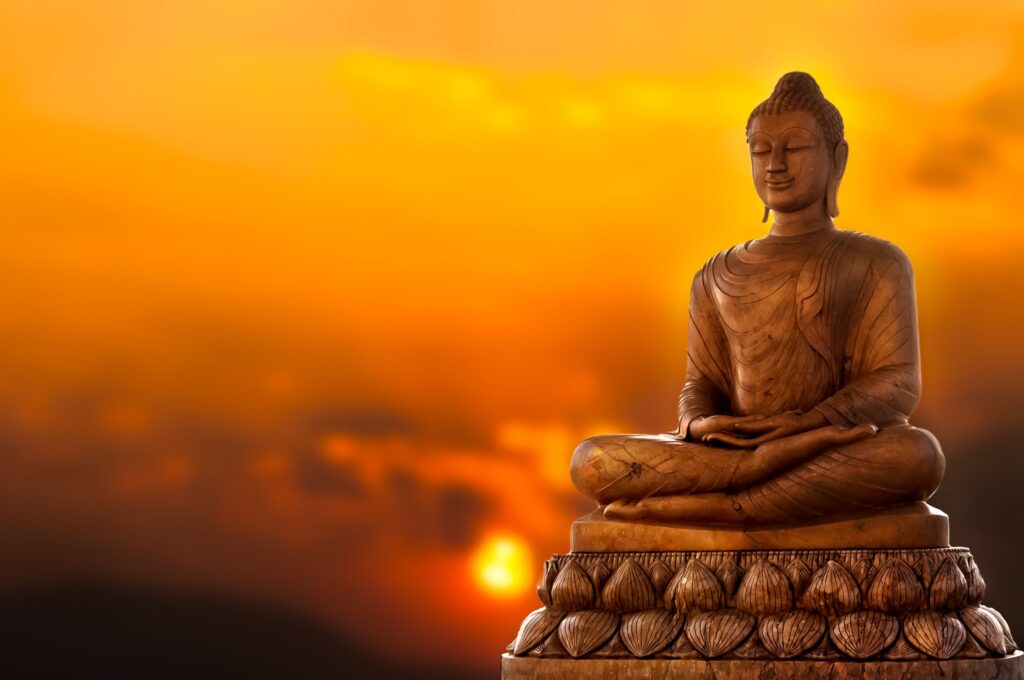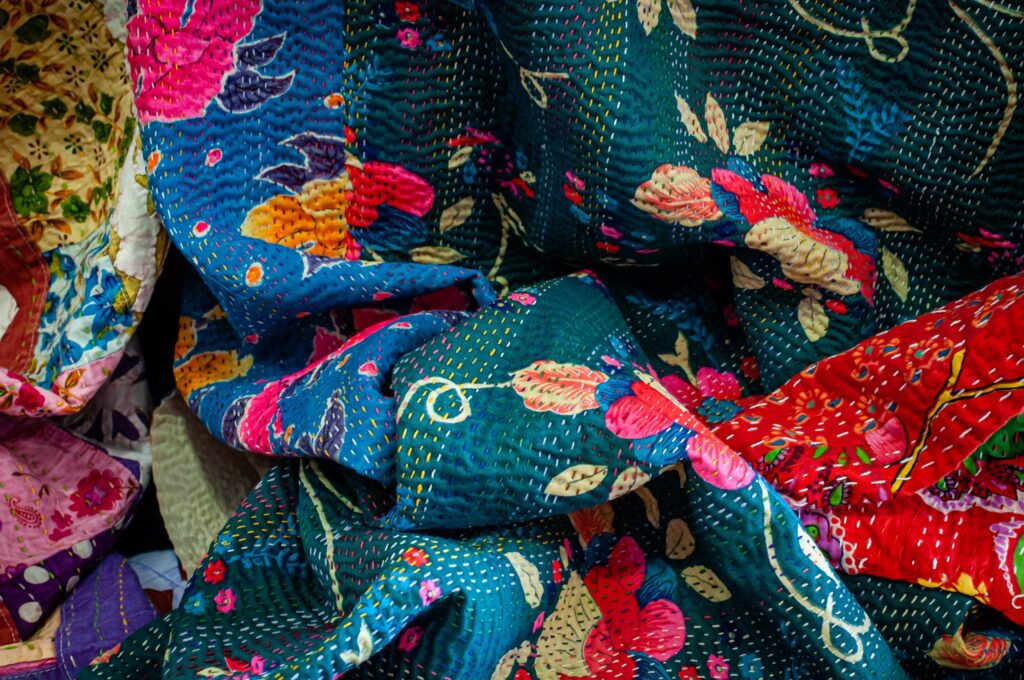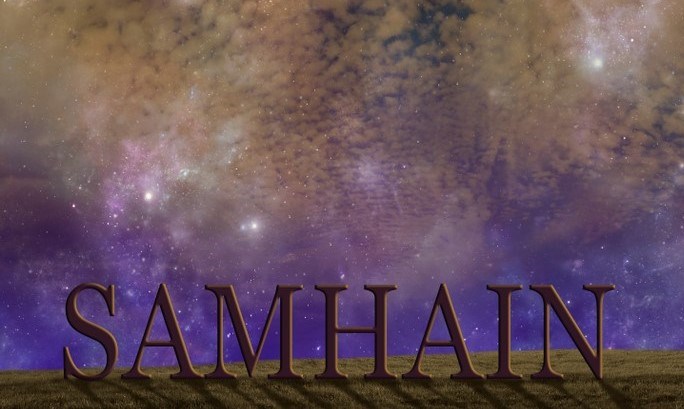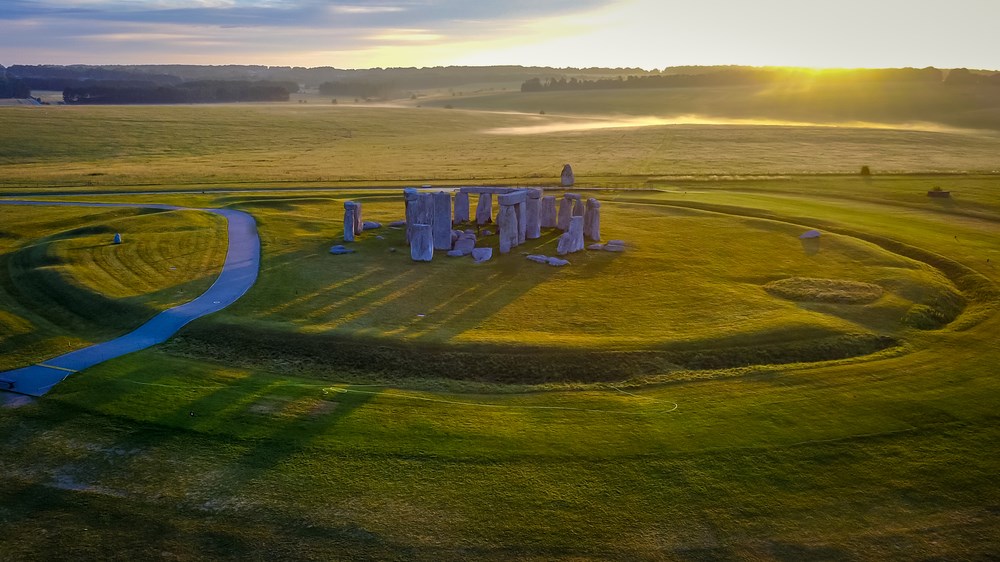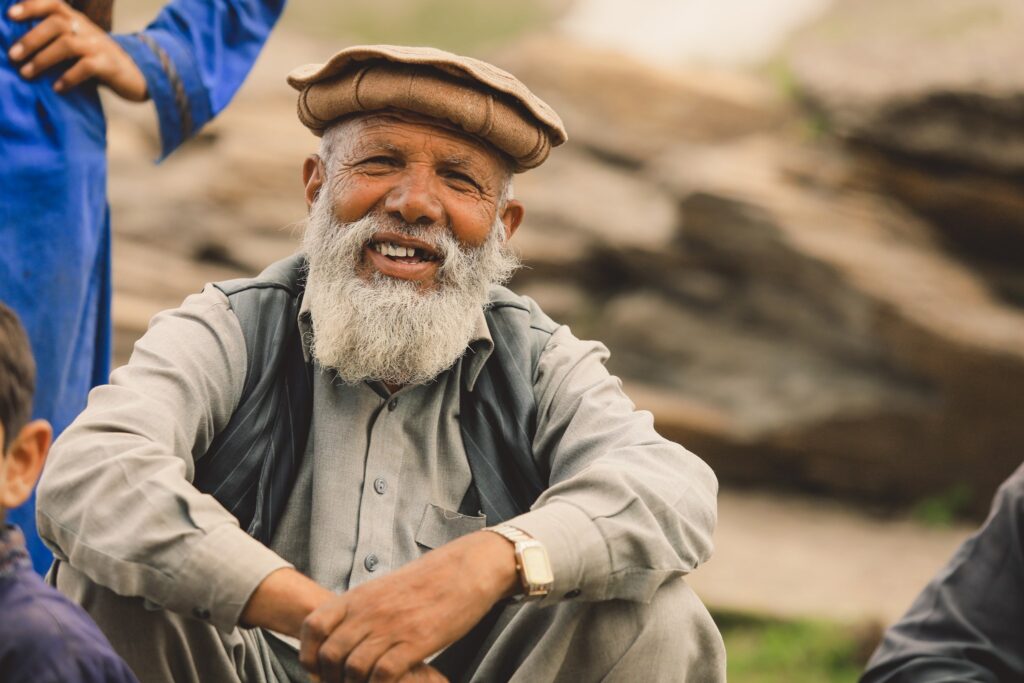
The Pasthuns: the story of a people and their tribes
The Pashtuns, historically known as Afghans, are an Iranian ethnic group originating in Central and South Asia.
The Pashtuns originate from the territory comprising southern Afghanistan and northwestern Pakistan (occasionally referred to as the Pashtunistan region), which is where most of the population resides.
Significant and historical communities of the Pashtun diaspora exist in the Sindh and Punjab provinces of Pakistan (particularly in the cities of Karachi and Lahore) and in the Rohilkhand region of the state of Uttar Pradesh in India (as well as in major cities such as Delhi and Mumbai).
A recent diaspora has formed in the Arab states of the Persian Gulf (mainly the United Arab Emirates) as part of the larger South Asian diaspora.
Pashtuns are the largest ethnic group in Afghanistan, constituting about 50% of the country’s total population. They have been the dominant ethnolinguistic group in Afghanistan since the founding of the nation. In addition, Pashtuns are the second largest ethnic group in Pakistan, forming 15% to 18% of the country’s total population, and are considered one of the top five ethnolinguistic groups in the nation.
The native language of the ethnic group is Pashto, an East Iranian language, although different dialects are used as second languages depending on the region: Pashtuns in Afghanistan speak Dari from Persian as a second language, those on the Indian subcontinent use Hindi-Urdu, and a significant minority speak Persian or Hindi-Urdu as their first language.
The total number of Pashtuns is estimated at around 49 million, making them the 26th largest ethnic group in the world, and the largest segmental lineage group. It is estimated that there are 350-400 Pashtun tribes and clans.
An important institution of the Pashtun people is the intricate tribal system. Pashtuns remain a predominantly tribal people, but the trend towards urbanisation has begun to alter Pashtun society as cities such as Kandahar, Peshawar, Quetta and Kabul have grown rapidly due to the influx of rural Pashtuns. Despite this, many people still identify with various clans.
The tribal system has different levels of organisation: the tribe in which they are found is part of four ‘major’ tribal groups: the Sarbani, the Bettani, the Gharghashti, and the Karlani. The tabar (tribe) is then divided into kinship groups called khels, which in turn is divided into smaller groups (pllarina or plarganey), each consisting of several extended families called kahols.
Historians, anthropologists and the Pashtuns themselves, qualify the Pashtuns according to these three definitions (ethno-linguistic, religious-cultural and patrilineal)
- The Pashtun are predominantly an eastern Iranian people, using Pashto as their first language and coming from Afghanistan and Pakistan. This is the generally accepted academic view.
- They are those who follow the Pashtunwali.
- Pashtuns are those who are related by patrilineal descent. This can be traced back to legendary times, according to the legend of Qais Abdur Rashid, the figure regarded as their ancestor in folklore.
Discover our collection of Pashtun jewellery here.
